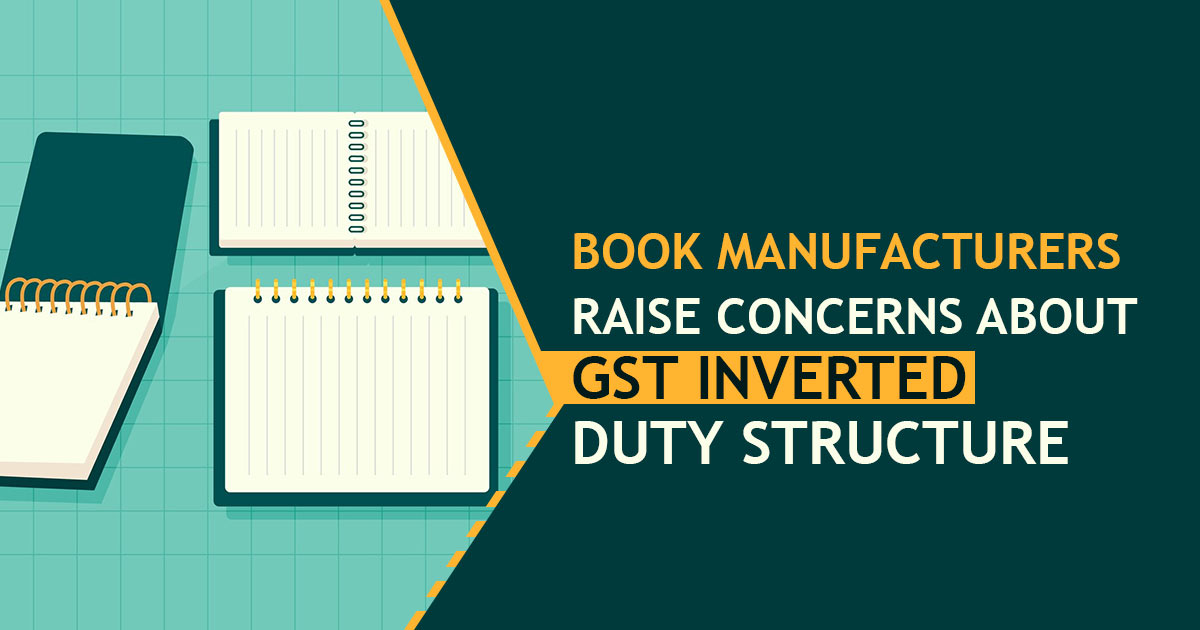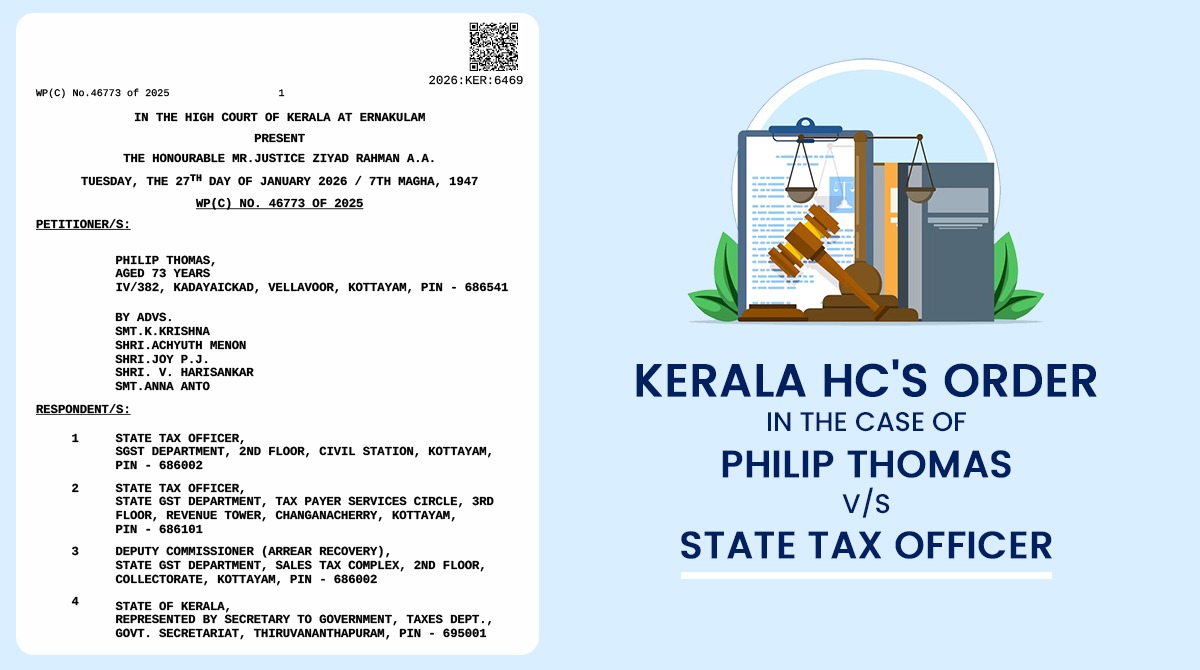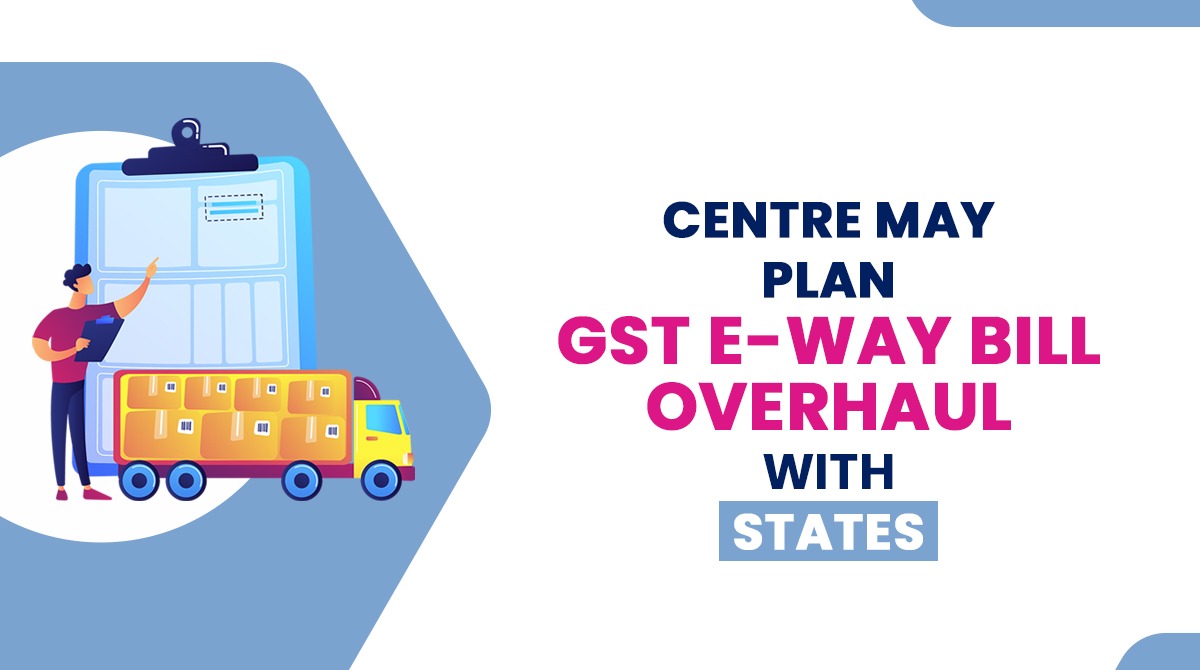
The All India Notebook Manufacturers Association (AINMA) has raised noteworthy problems about an inverted duty structure after the recent GST rate rationalisation.
On books and notebooks, the GST rate was already cut to zero by the 56th GST council meeting, and the tax on paper and paper boards was increased to 18%. According to the association, this discrepancy is expected to increase production costs and create compliance challenges for manufacturers. They cautioned that the retail prices can surge by 15 to 20%.
Books are not levied to tax, and their related products, such as diaries, memo pads, and registers, remain taxable, the president of the Exercise Book Manufacturers Association (Maharashtra) mentioned. He called for clarification on the input tax credit treatment in cases of mixed supply.
The GST surge on paper can push up to 30% of units to shut down, which will increase the costs of textbooks for over 200 million students, the Offset Printers Association cited.
There is an 18% tax on paper boards, 5% on printing services, and consumables like lamination, ink, gum, and other raw materials also attract GST. As per the manufacturers, when such inputs are used for tax-exempt goods, ITC gets blocked. ITC claims will get complicated from the use of the same machinery for producing both exempted books and taxable stationery.
The association for solving the problem has suggested a uniform GST rate of 5% on both paper and books. This will help prevent cost increases, sustain steady demand, and ensure students can access affordable educational tools.
Read Also: New List of GST Rates & HSN Codes on All Stationery Items
It was warned by the All India Notebook Manufacturers Association that imported books and notebooks which does not have any GST compete unfairly with domestic products burdened by high input costs.
The market share of domestic MSME notebook manufacturers and printing presses shall be eroded by the increased imports of cheap paper from countries like China, Indonesia, and other ASEAN nations, which endangers jobs and undermines the Make in India initiative.









